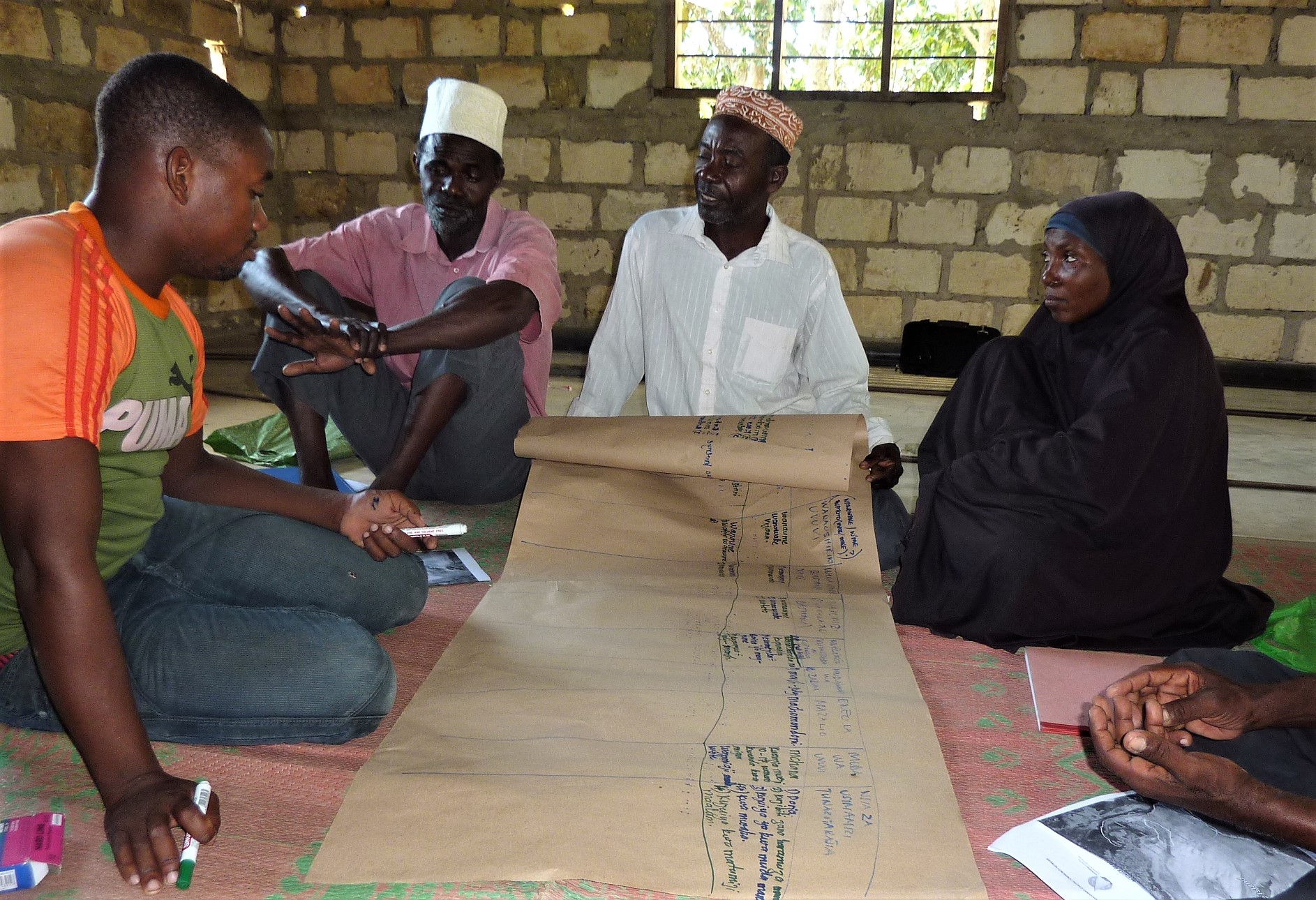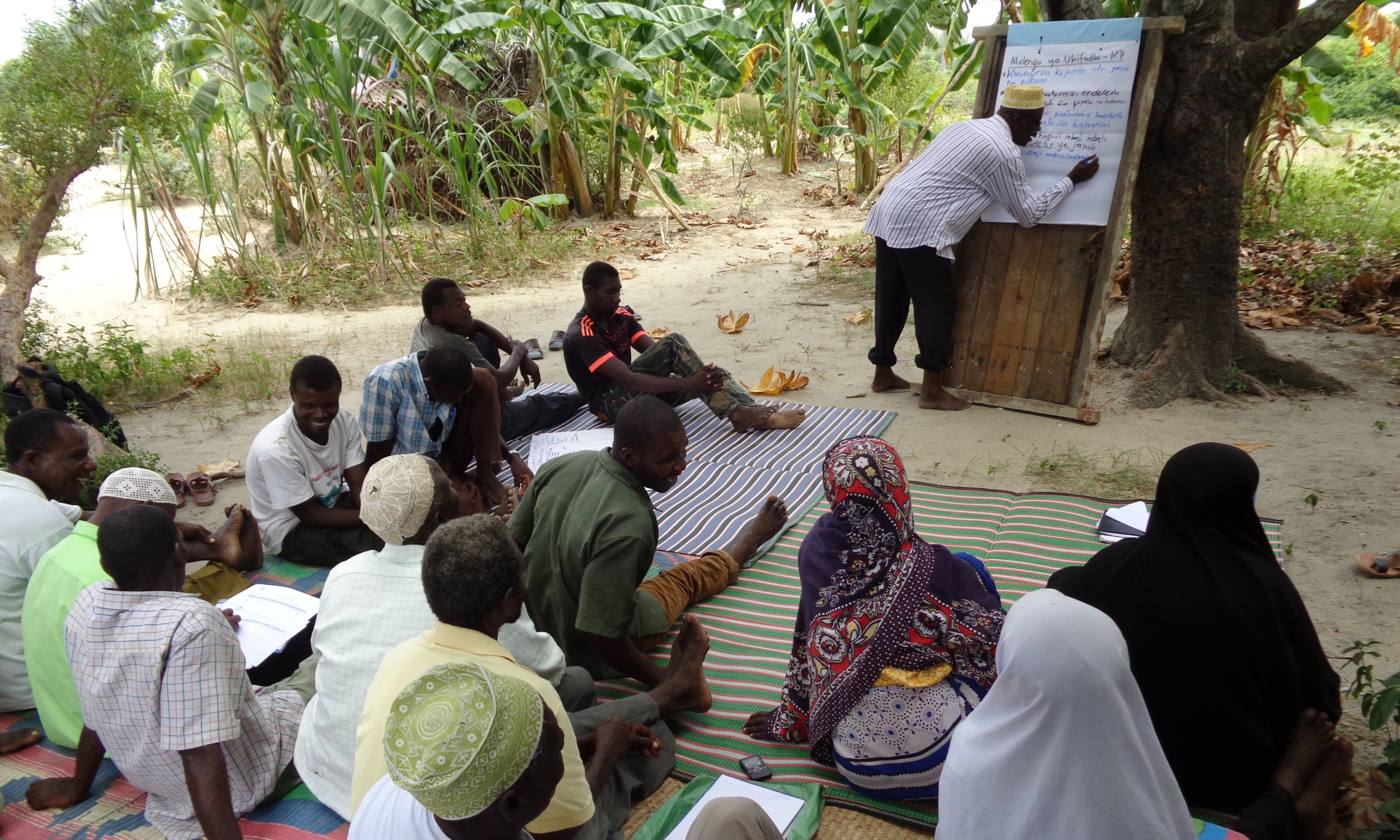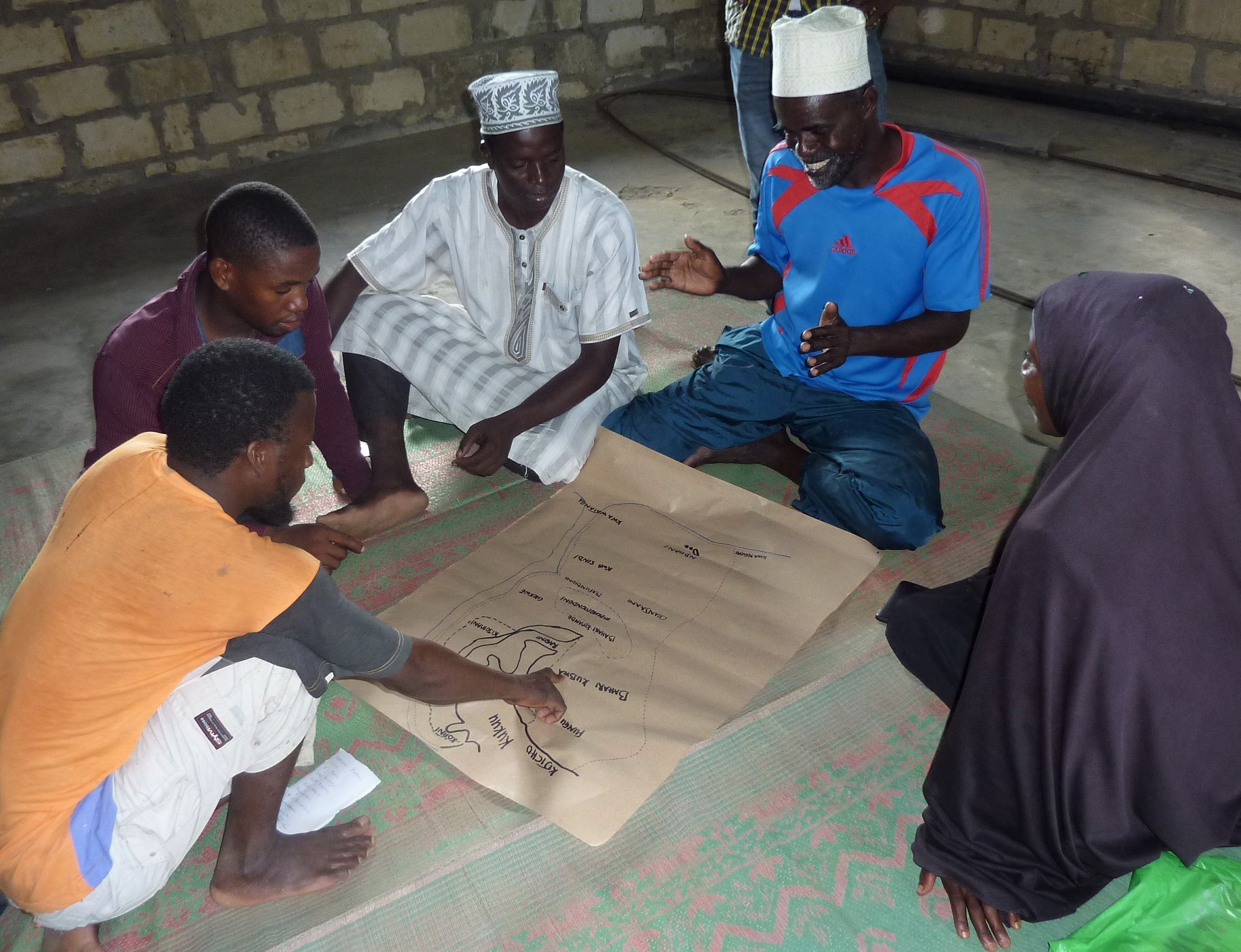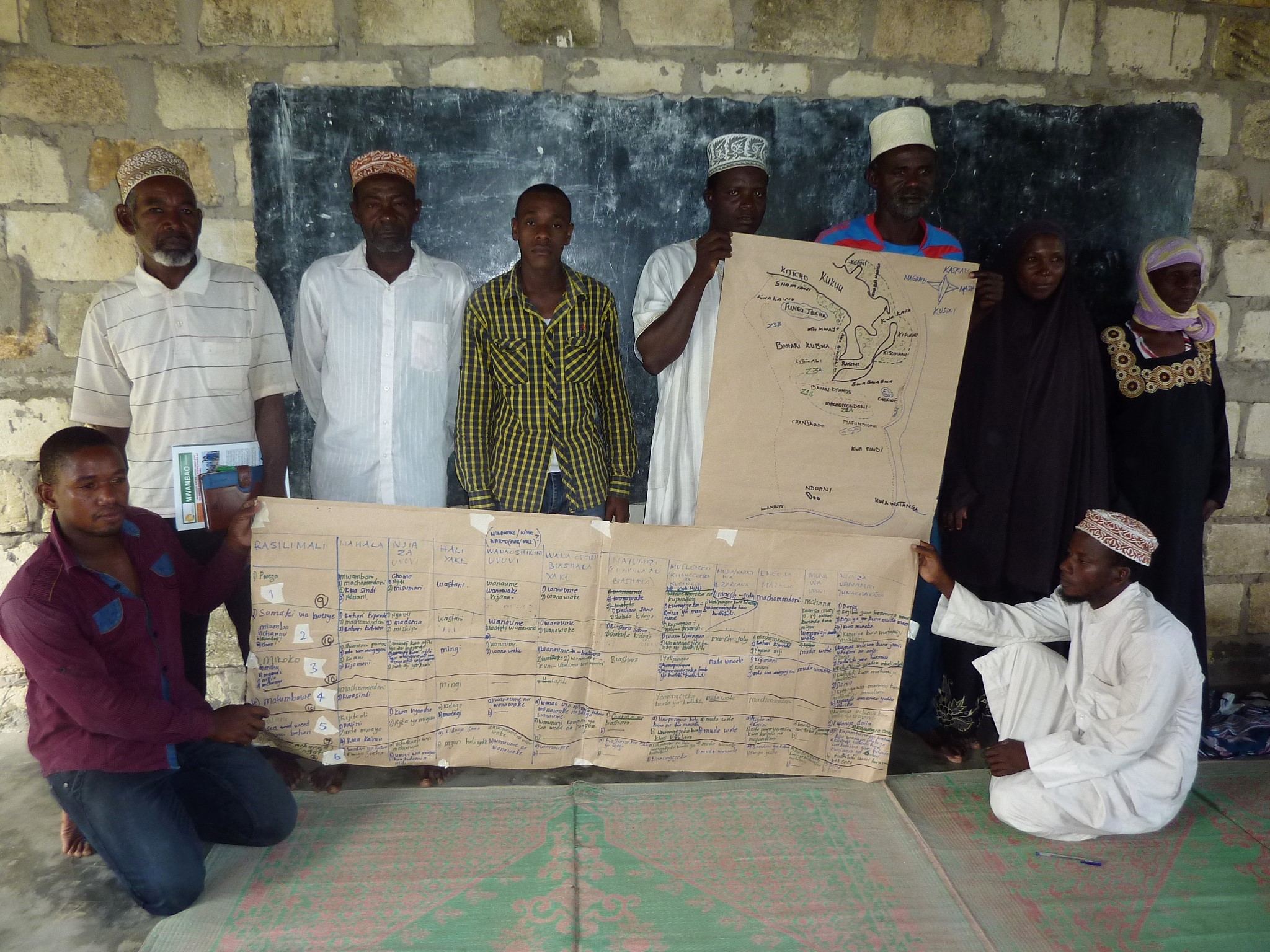




Collaborative management explores opportunities within current fishery regulations and laws and provides an opportunity to make improvements in the management of octopus and other species fisheries. Challenges lie both in lack of capacity of Village Fisheries Committees but also the ability at Fisheries Department level to hand over management responsibilities to these committees. Officers are often unfamiliar with the principles of collaborative management and how it can improve fisheries management locally and assist the Department in discharging their responsibilities e.g. patrolling, local closures etc. Project leaders have involved Fisheries Department officers in all trainings of Village Fisheries Committees and ensured regular feedback to the Department's HQ. A manual has been compiled to assist Department officers and to guide Village Fisheries Committees. It includes sections on: · Standard operation procedures for Village Fisheries Committees · Mechanism for handling conflicts · Process for by-law formulation · Guidelines for record keeping · Strategy for self financing · Communication strategy
- Training modules available
- Supporting NGO/trainer with required skills and resources
- Community interest and will
- Conducive relationship with Department of Fisheries officers
- Enabling legislation
- A manual for Village Fishery Committee operation procedures prepared in the local language
- Where collaborative management for fisheries is new, it is imperative that fisheries authorities do not feel threatened by the process and fully understand the benefits. It is thus important that the concerned fisheries officers take part in any training and that Department HQ staff are kept fully informed of the process.
- Sensitive facilitation during trainings is important
- Ongoing support/training for Village Fisheries Committees for a period ideally of not less than two years is desirable in order to build capacity and to assist with ongoing challenges
- During development of local by-laws it is important that suggested fines/penalties are implementable
- Roles and responsibilities of committee members should be clearly understood to aid in the election of the most appropriate persons to key positions
- Opportunities for committee self-financing should be explored in collaboration with the fisheries authorities, including opportunities for revenue collection
- Building capacity for conflict resolution is very important especially in a previously open access fishery